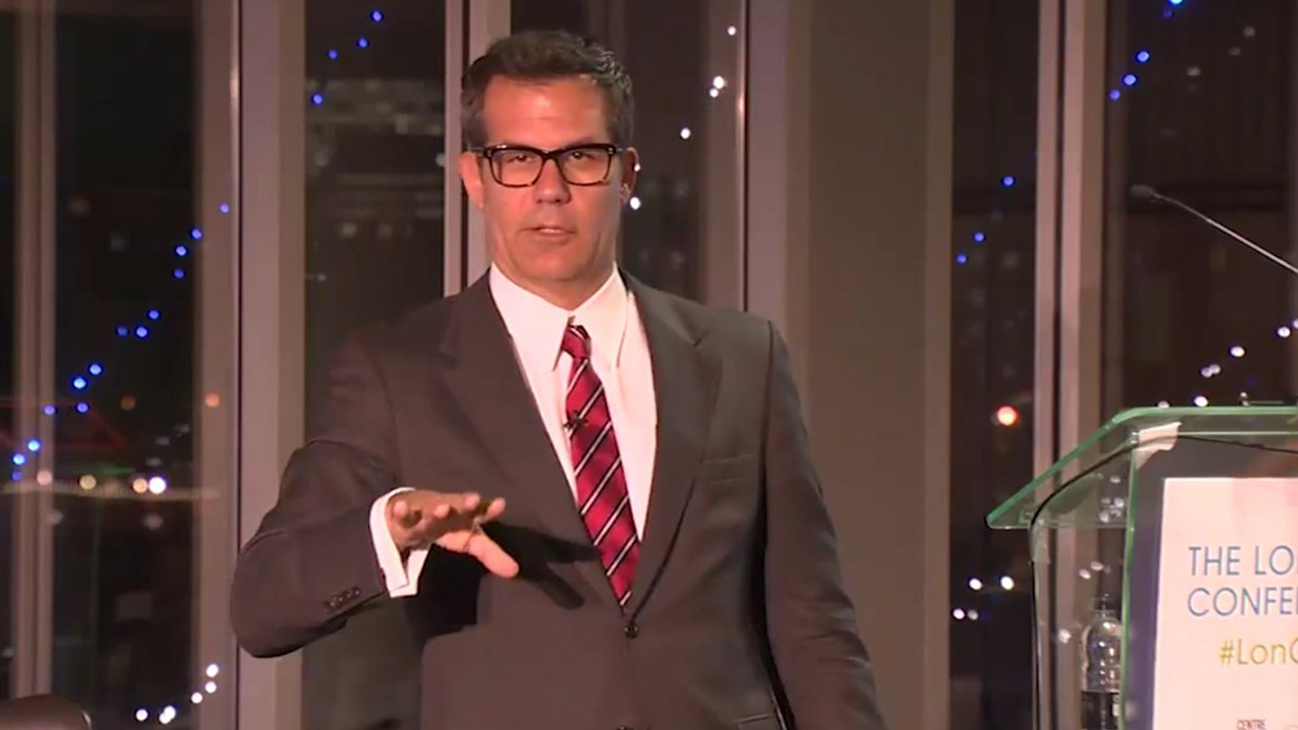Renowned economist and bestselling author Richard Florida is profiled in the April edition of Wired magazine:
Dressed in a tailored suit and wearing glasses, Richard Florida is the day’s last speaker at the London Conference, an annual gathering of influencers to debate the city’s challenges and opportunities, in November 2012.
The author of The Rise of the Creative Class has been cited — by such diverse figures as David Cameron and Bono — as an expert on how cities must evolve. “It’s a really important time to be here and talking about the future of London,” the University of Toronto professor begins, recognizing Amanda Burden, the director of the New York City Department of City Planning, in the front row. “We all know that the world has gone through a cataclysmic crisis. It was not just a crisis of the financial markets or of housing markets or of a dysfunctional or even corrupt system of doing finance. It was a systemic crisis.”
Yet, Florida argues, there are reasons for hope. “These periods of crises and recovery are periods of the most rapid innovation in capitalism,” he says.
His 2011 book The Great Reset was imagined as an exploration of what would happen when great cities such as London and New York begin to falter in the wake of a crisis. “That was the editor’s proposition to me. I went back and read literature on global financial centres, and made the counter-proposition that in fact not only would cities like New York and London not fail, but as of 2008 I said they would emerge stronger,” he says.
It’s a bold statement, considering London’s financial sector, which employed more than 350,000 people in 2007, before the financial crisis, has since shed 100,000 jobs. The UK’s Centre for Economics and Business Research predicts the number of City jobs will fall to their lowest level in 20 years in 2013.
Later, Florida tells Wired that “what happened to finance was a critically necessary recalibration. The system was extracting so much wealth and profit it was operating in an almost dysfunctional way.”
What’s more, he believes the demise of finance from its dominant position is giving rise to a more dynamic and diversified economy. He argues that the technology sector is moving away from the old “Nerdistan” model of industrial parks and suburban homes and turning to a more urban-centric existence that better fits the needs of those dreaming up creative services.
“A lot of it is making apps and building software and supporting other industries,” says Florida. London’s mix of media, art and design expertise makes it a great centre for production.
“I’m a big fan of Florida’s work and the idea that creative people like being around creative people,” explains Rohan Silva, senior policy adviser to the prime minister.
Still, the belief that the economy can be rescued in the near term by tech-fuelled creativity has its detractors. After all, some of the most-hyped US technology firms in recent years have faced sharp share-price falls after going public.
Asked about what the examples of Zynga, Groupon and Facebook suggest about his theory, Florida replies that great cities have a high metabolic rate, which helps them cope with change. “We’re living in an age of constant, chronic, creative destruction,” he says. “And we have to get used to it.”

